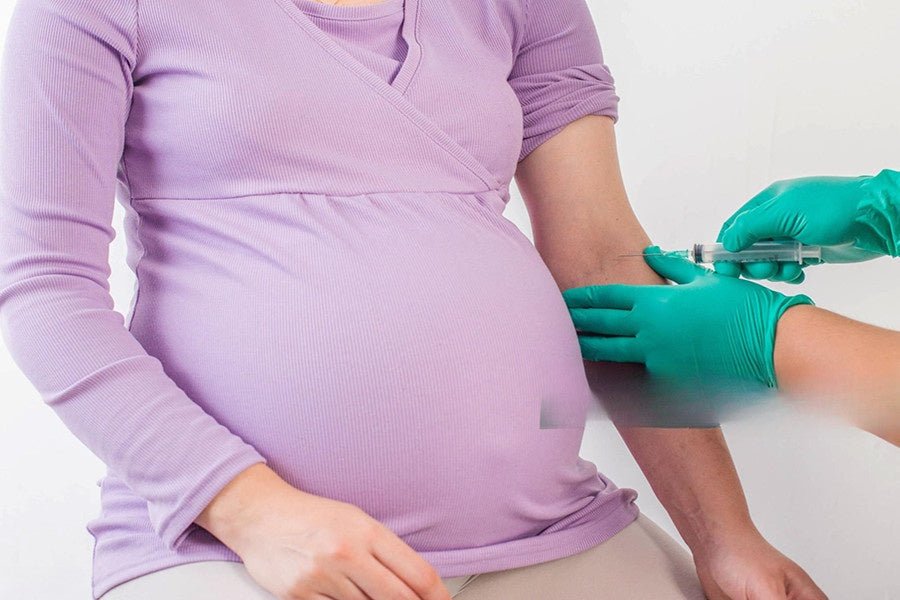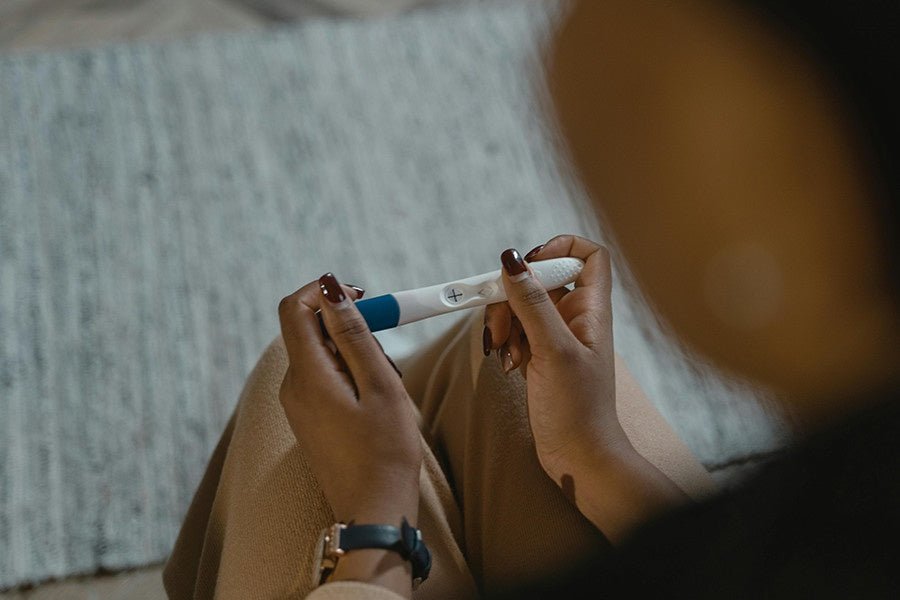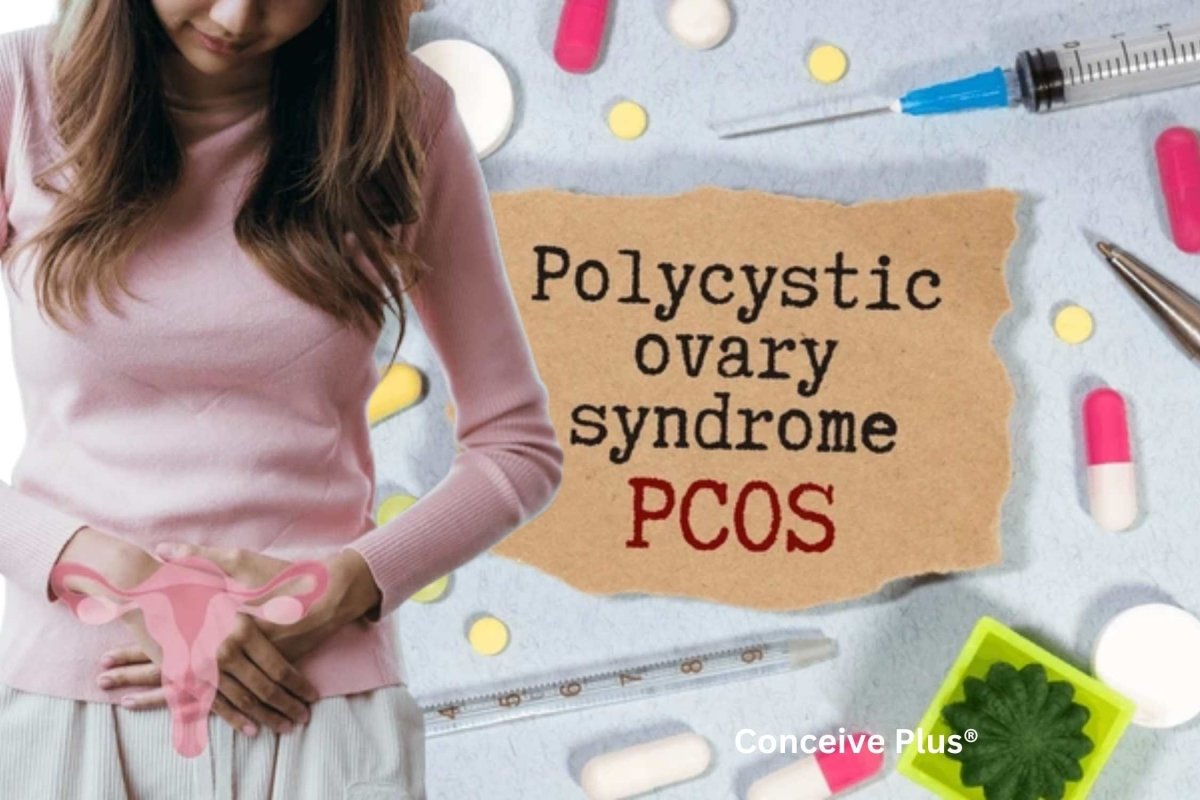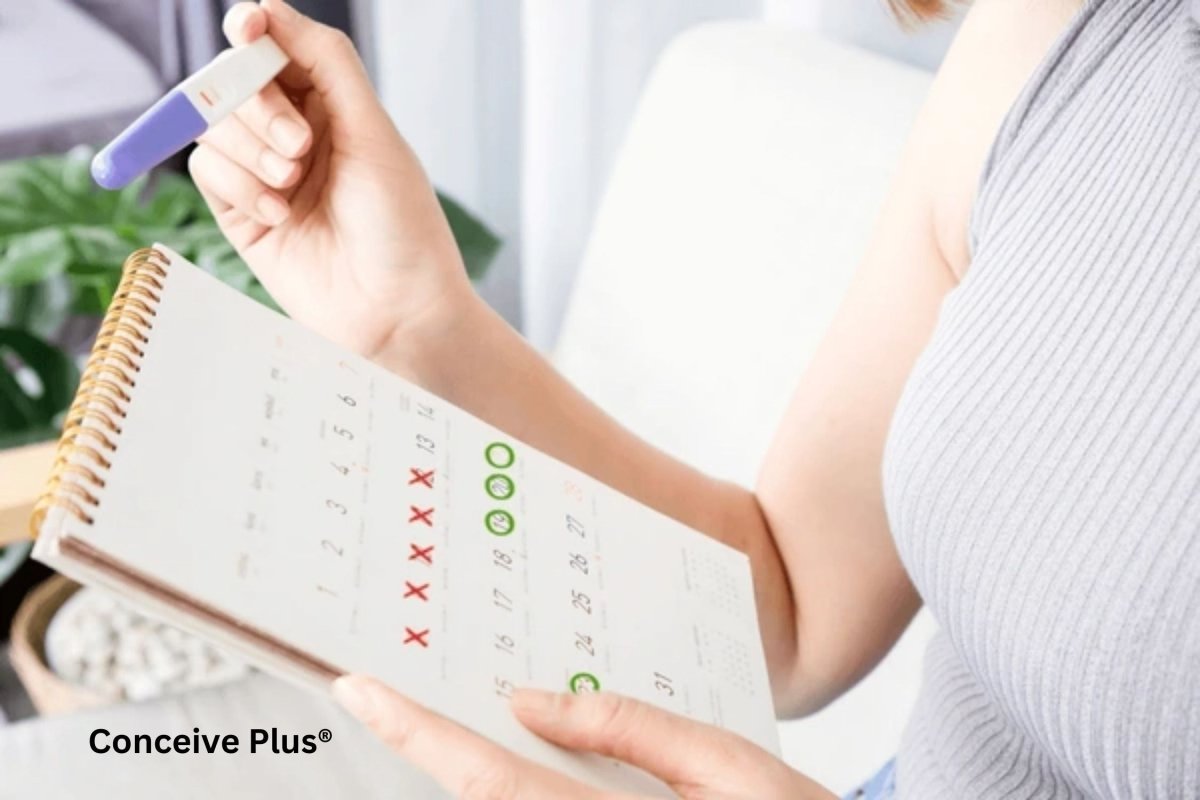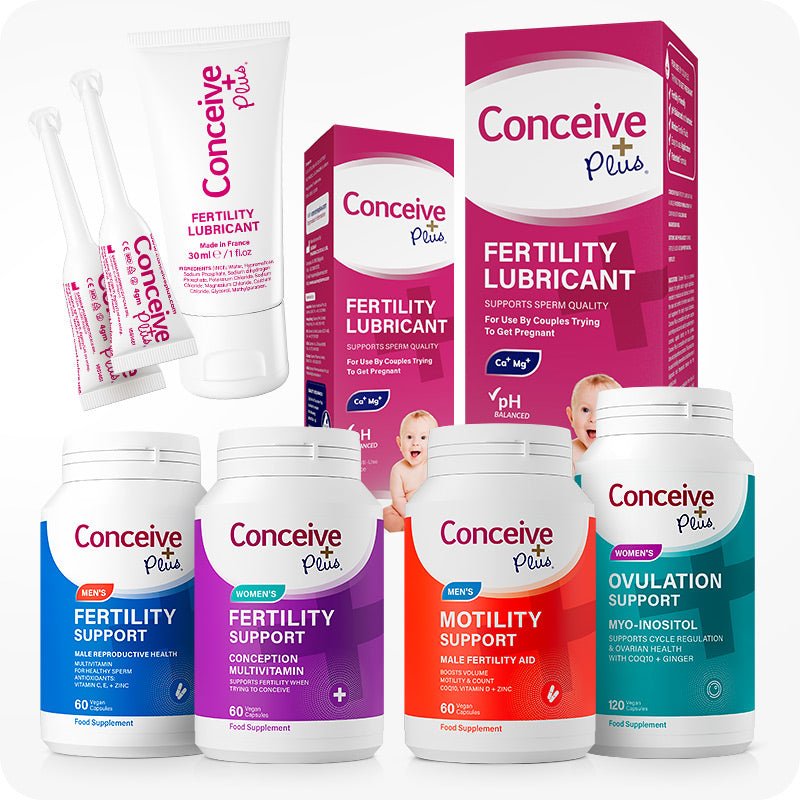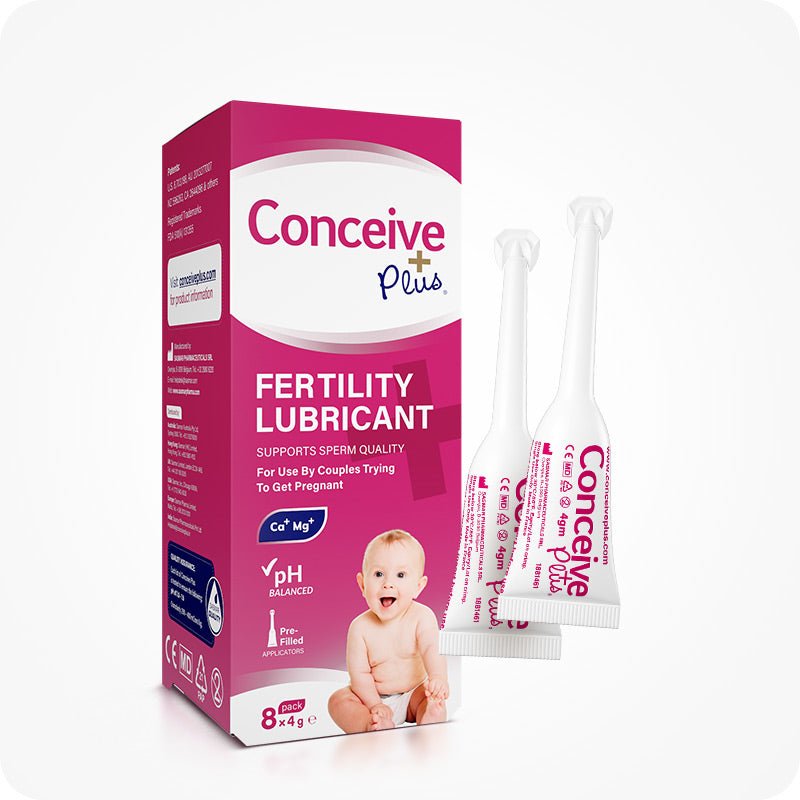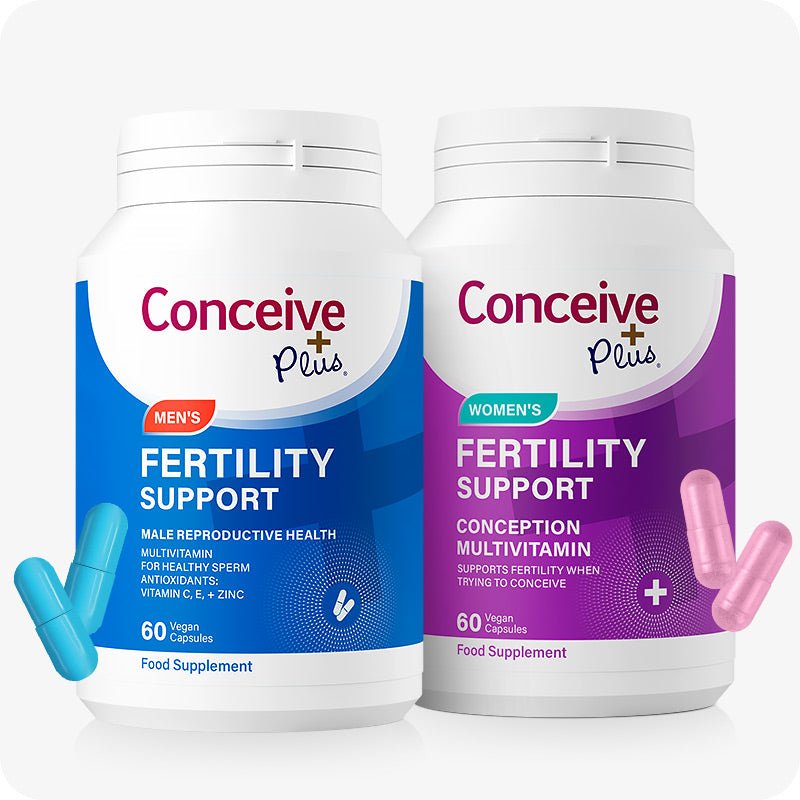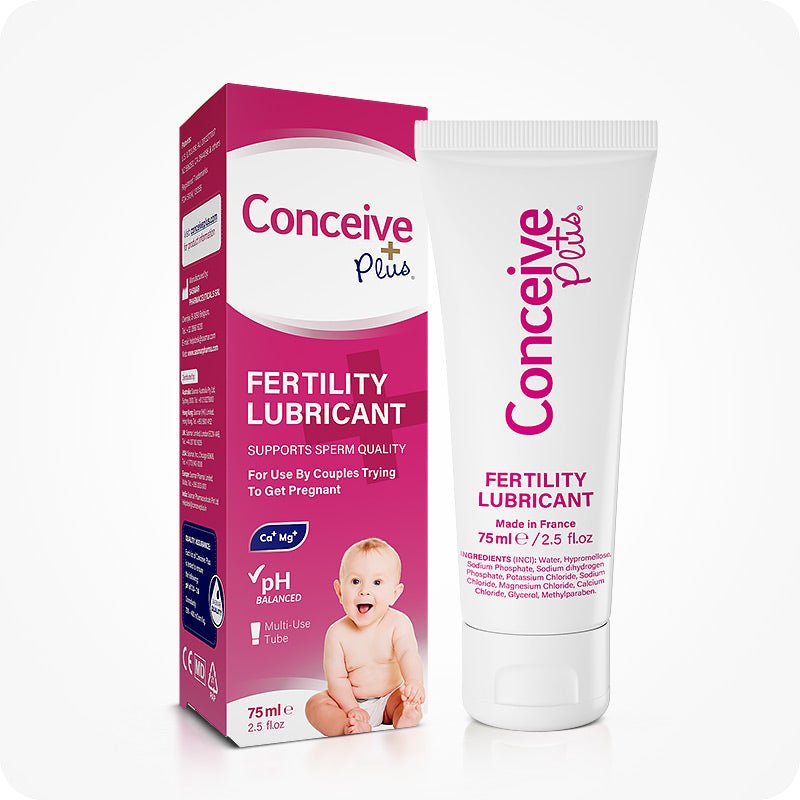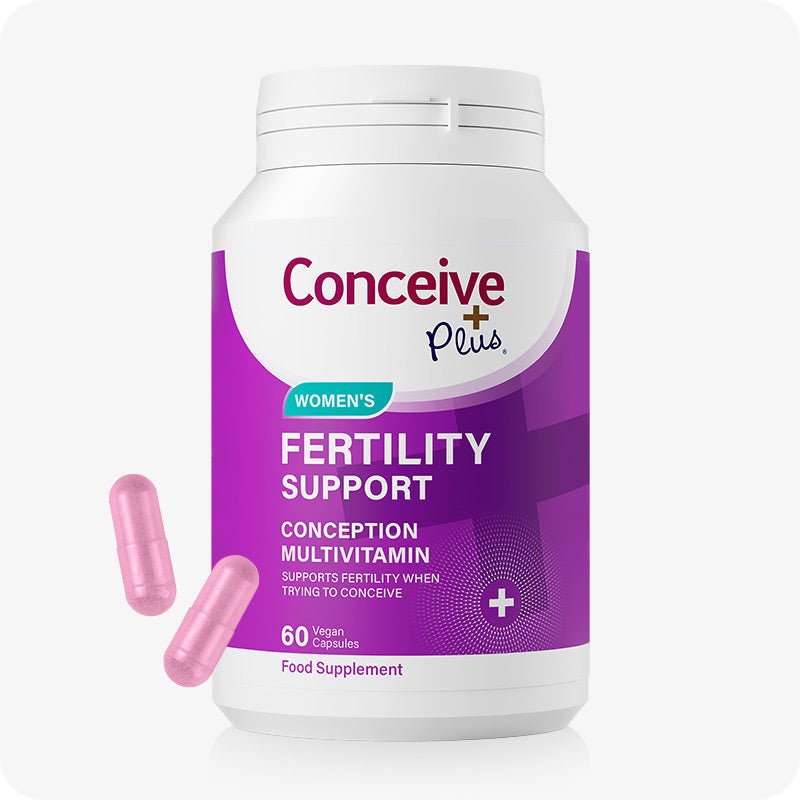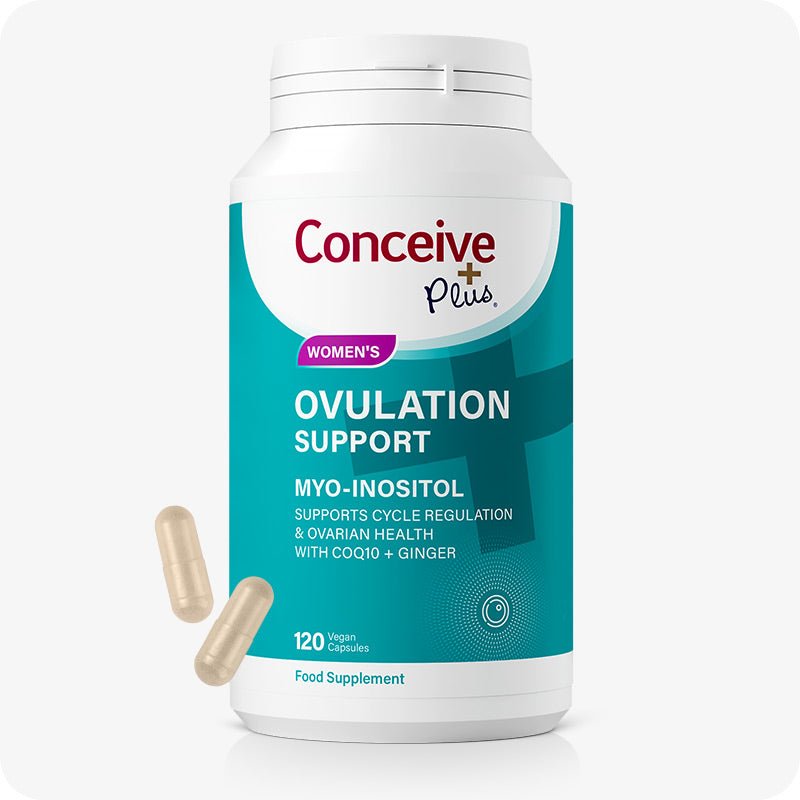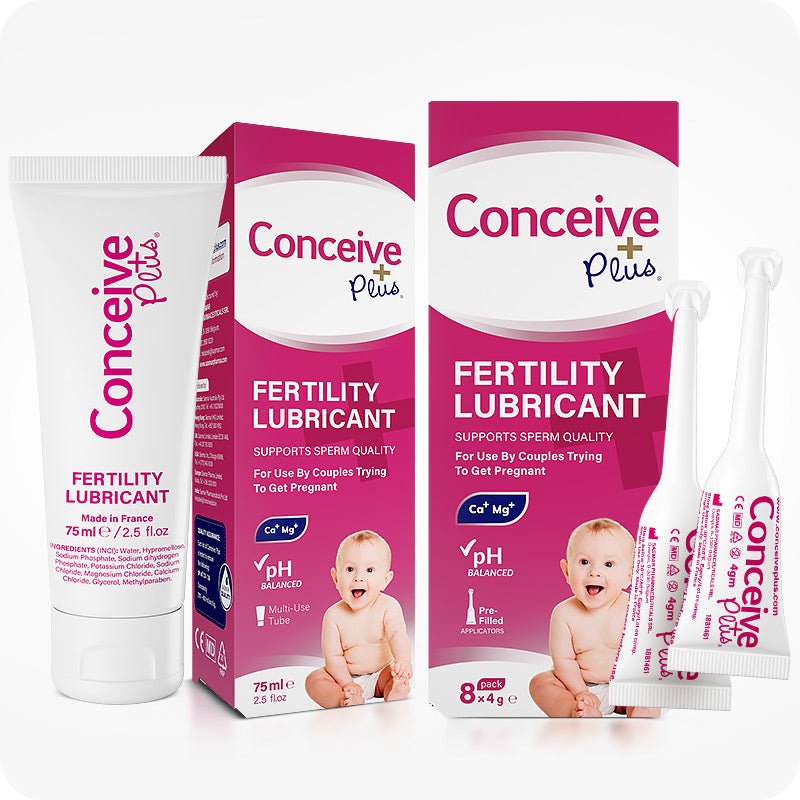How to Get Pregnant with Twins
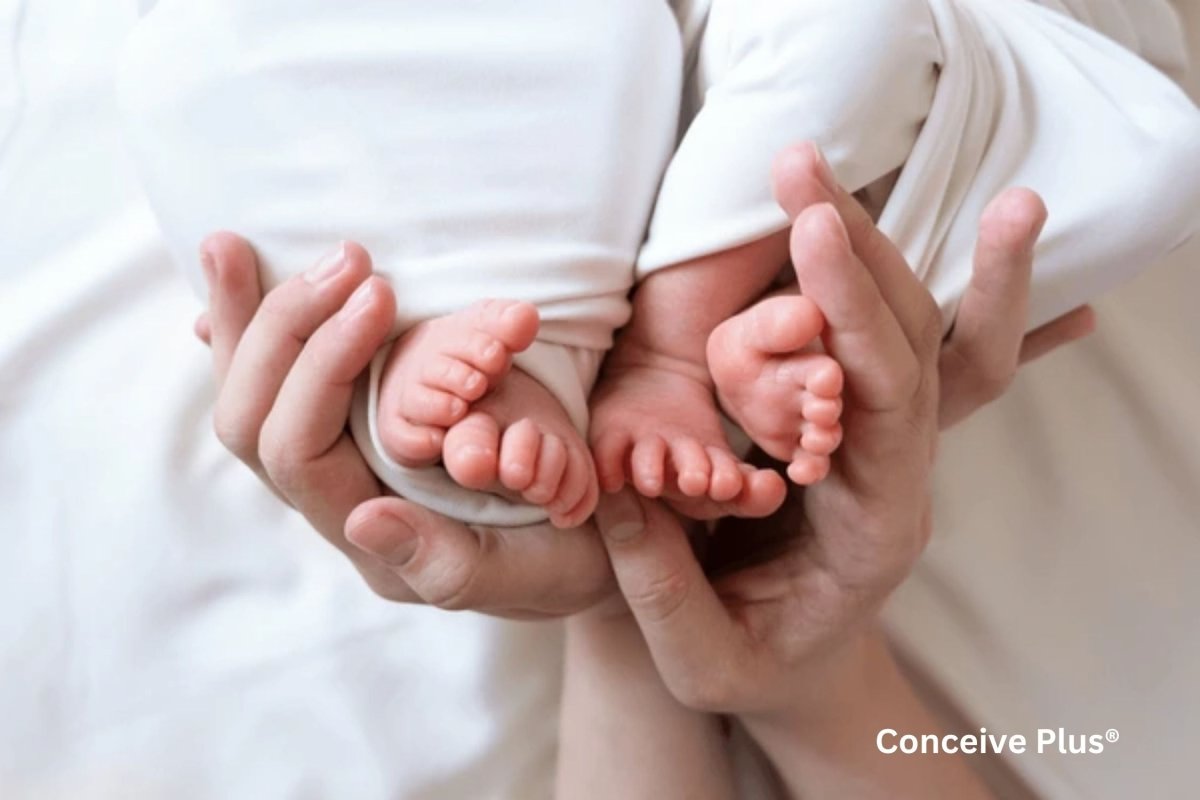
Twins are conceived when two eggs are fertilised separately or when a fertilised egg divides into two embryos. Although there is no guarantee of deliberately conceiving twins, some factors are known to influence the possibility of having twins or multiples.
If you’re wondering how to get pregnant with twins, or how to get pregnant with multiples, read on. This article covers how twin pregnancies occur, what factors are known to raise the likelihood of having multiples, and what can be done to improve your chances of conceiving twins.
How Are Twins Conceived?
Identical twins are conceived when one fertilised egg splits into two embryos. This is why identical twins share the same genes and sex. Fraternal twins, however, are conceived when two different eggs are fertilised by two different sperm. Meaning they won’t share the same genes, do not look identical, and may not share the same sex.
Medical experts remain uncertain why some women are more prone to conceiving twins than others, but in the last few decades, three factors have been recognised as influencing the probability [1].
These include having a family history of twins, being over the age of 30 when becoming pregnant, and taking fertility treatments.
Are Twins Common?
In the UK, naturally conceived twins account for just over 1% of pregnancies, while 24% of pregnancies helped by in vitro fertilisation (IFV) are known to result in twins or triplets [2].
According to statistics, the amount of naturally conceived twins and those conceived with the help of IVF has increased by a third in the UK over the last few decades. Researchers believe this can be credited to women having children at an older age and the use of fertility treatments that support ovulation.
Having fraternal twins is known to be more common than identical twins.
Factors That Influence Getting Pregnant with Twins
The three main factors known to raise the likelihood of having twins are; family history, taking fertility treatments, and conceiving over the age of 30.
Family History
Females with a family history of twins on their mother’s side are believed to have a higher chance (1 in 60) of conceiving twins. Although it’s also prevalent in women with a history of twins on their father’s side, this is less common (1 in 125) [3].
Older Mums
Although women are known to produce fewer eggs as they age, research also indicates that women over the age of 30 produce more follicle-stimulating hormone (FSH). This means they are more inclined to release multiple eggs during ovulation [4]. If two eggs are released and both are fertilised by sperm, a twin pregnancy will ensue.
Fertility Treatments
Due to their ability to improve ovarian function, fertility treatments are known to considerably increase the likelihood of having twins. Fertility medication, for instance, encourages the ovaries to produce more than one egg. And if two eggs are released and fertilised, twins are conceived.
Ovulation support supplements that contain nutrients and vitamins to improve fertility and ovulation can make it easier for women to conceive. If women with a family history of twins take ovulation support supplements, their probability of conceiving twins would theoretically improve.
IVF also raises the chances of having twins. Involving the fertilisation of eggs outside the female body, at least one, but typically more embryos, are transplanted into the uterus for implantation. If more than one egg implants into the uterine lining, fraternal twins (or multiples) will develop in the womb.
How to Get Pregnant with Twins Naturally Fast
If you’re wondering how to get pregnant fast with twins in a natural way, there are a few factors worth considering that could increase your chances [5].
Consider Conceiving After 30: Due to the increased production of follicle-stimulating hormone in women over the age of 30, the likelihood of releasing more than one egg during ovulation also increases. If two eggs are released by the ovary and both are fertilised by sperm, you’ve got a twin pregnancy on your hands.
Believe in Genetics: Women with a family history of twins on their mother’s side have an increased chance of having twins too. Although the likelihood of conceiving twins yourself is increased, it is not guaranteed. But believing in what you know to be true can often have an unexplainable impact on the outcome.
Know Your Menstrual Cycle: Understanding your menstrual cycle, particularly when you ovulate, can significantly improve your chances of conceiving. If you are over 30, for instance, and you have a family history of twins on your mother’s side, having sex during your fertile window (3–4 days before ovulation and on the day of ovulation) can notably improve your chances of having twins.
If you're looking for more general guidance on how to get pregnant, understanding your menstrual cycle, maintaining a healthy lifestyle, and tracking ovulation are essential steps to increase your chances of conception.
Ovulation Support Supplements: Ovulation support supplements that contain nutrients like Myo-inositol and D-chiro-inositol as well as fertility-improving vitamins can help regulate irregular menstrual cycles. When cycles and ovulation are regular, your chances of getting pregnant are vastly improved.
Fertility Medications: Often prescribed to improve ovulation, fertility medications encourage the ovaries to produce multiple eggs instead of one each month. If multiple eggs are fertilised then the chance of twins or multiples is increased. For this reason, fertility medications are considered one of the biggest factors in influencing the conception of twins and multiples.
Eat Well: Eating a nutritious and well-balanced diet can help the female body prepare for conception and a healthy pregnancy. Folic acid, b-vitamins, vitamin C, vitamin D, and vitamin E are all required for healthy baby-making. If you don’t consume foods that contain these nutrients, consider taking a daily pregnancy multivitamin instead.
Healthy Weight: Being underweight or overweight can both adversely affect the female reproductive system. Even though some research indicates that overweight women are more prone to conceiving twins, perhaps due to consuming more nutrients, the evidence does not indicate that gaining weight will improve women’s chances of having twins.
Maintaining a healthy weight can help women keep the reproductive system thriving, improve fertility, and increase the chances of having twins if the above-mentioned factors are also favourable.
Consult with Your Doctor: Carrying twins to term can be challenging and risky for both the mother and developing foetuses. If you are trying, or hoping, to have twins, consider consulting with your doctor for a thorough evaluation first to ensure your health is optimal and you don’t have any underlying conditions that could affect your pregnancy.
Although these tips can be helpful when considering how to get pregnant fast with twins, it’s important to remember that there is no guarantee that it will happen. Staying calm, exercising regularly, eating well, and having regular unprotected intercourse during your fertile window will help you conceive most naturally.
Conclusion
Even though no guarantee exists when trying to conceive twins, certain factors have been found to help it occur. Supporting ovulation with fertility vitamins or boosting ovulation with fertility medication can increase the chances of having twins. Conceiving over the age of 30 is believed to further improve the possibility of having twins, in addition to a family history of twins on the mother’s side. If you’re wondering how to get pregnant with twins, understanding these factors and optimizing your fertility health can play a significant role.
If you are hoping to have twins, the best approach is to consult with a fertility specialist for evaluation, advice, and support.
References
- Office on Women’s Health - Twins, triplets, and other multiples - https://www.womenshealth.gov/pregnancy/youre-pregnant-now-what/twins-triplets-and-other-multiples
- Baby Centre UK - How Common Are Twins or More? - https://www.babycentre.co.uk/a539828/how-common-are-twins
- What to Expect - Do Twins Really Run in Families - https://www.whattoexpect.com/pregnancy/twins-and-multiples/do-twins-really-run-in-families/
- Bio News - Older Women are More Likely to Have Twins - https://www.progress.org.uk/older-women-more-likely-to-have-twins/
- Healthline - Tips on How to Conceive Twins - https://www.healthline.com/health/pregnancy/how-to-conceive-twins





